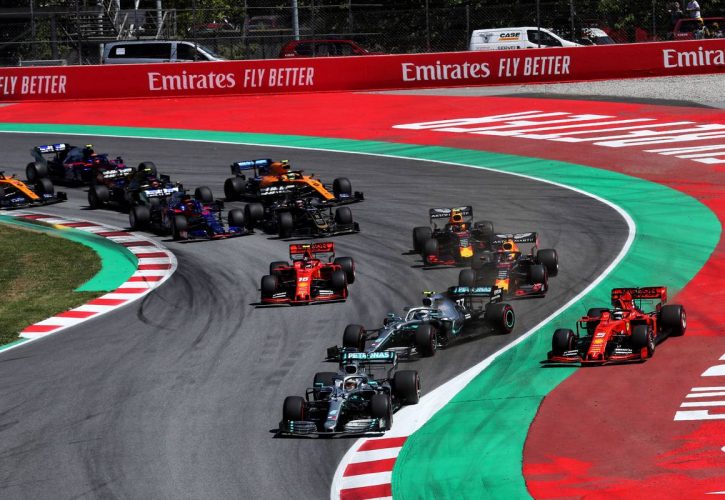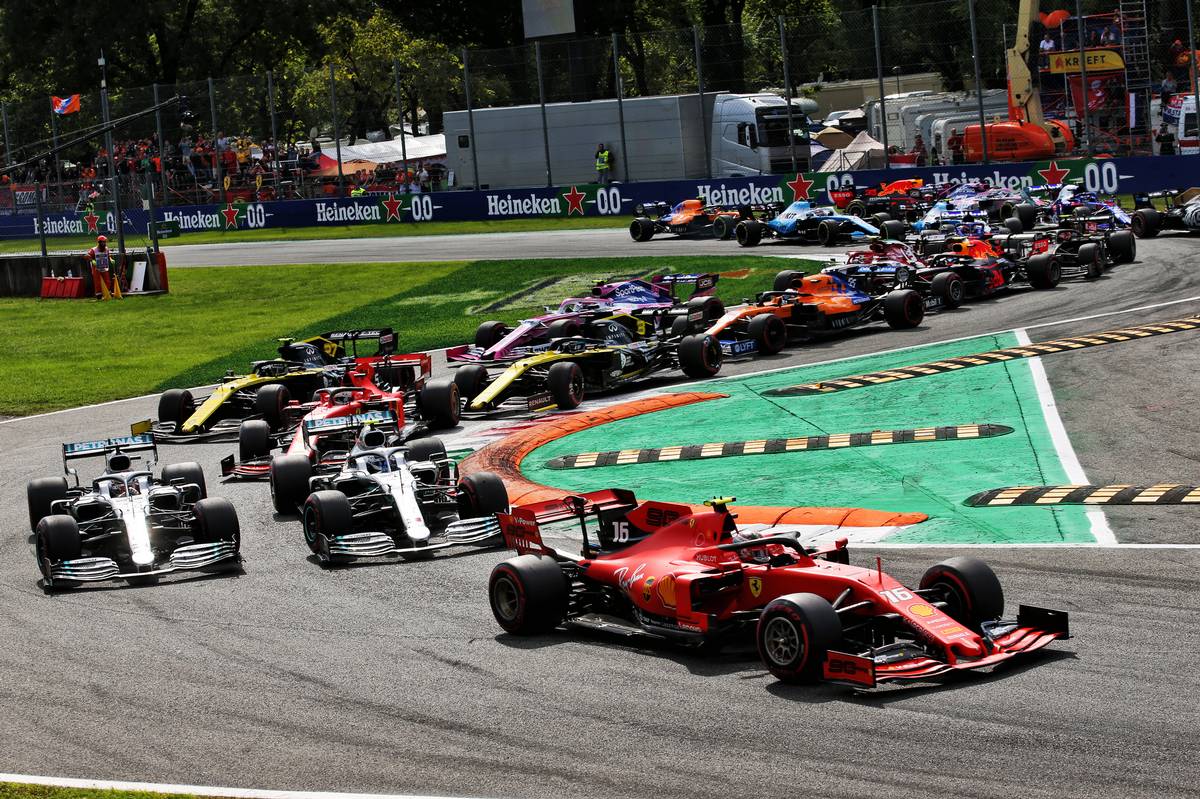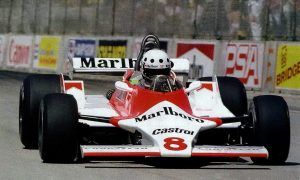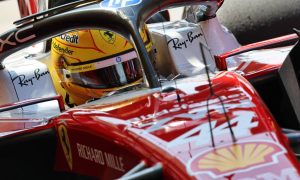
McLaren F1 boss Zak Brown believes that alternating races from one year to another is perhaps a better way forward for F1 rather than expanding the calendar to its limit of 25 races.
Formula 1 has increased the maximum number of world championship rounds that can take place over the course of a season to 25 events from 2021.
But any future expansion of the sport's schedule will come at a cost, both financial and human, at a time when F1 is attempting to reduce expenditures in its bid to level Grand Prix racing's playing field.
Queried on the matter, several team bosses appeared uncertain about the exact effects and benefits of extending F1's agenda.
"I think we are not all convinced at the moment," said Ferrari's Mattia Binotto.
"I think it’s part of the discussions we may need to have with F1. It is a compromise at the end. It is an extra effort financially and I’m even not too sure it will be to our benefit.
"It depends on where we are going racing in the extra races, how much are the revenues for those ones…
"There are a lot of points that will need to be addressed on the number of races. But still, again, it’s a matter of being positive, collaborative and finding all together the right answer."

Williams deputy team principal Claire Williams is already contemplating the impact next year's increase to 22 races will have on her team.
"Looking at 22 for next year is an awful lot and all the teams are having to look at the impact of that on personnel, just purely from a lifestyle perspective and having that work-life balance, it’s incredibly difficult," Williams admitted.
"We’ve all got support personnel that we can rotate in and out. I think obviously for the bigger teams it might be an easier challenge from that perspective: they have a bigger budget in order to bring in more people in order to support that rotation.
"From a financial perspective though there is an offset, so obviously we go to more races, there is more money in the pot that then gets distributed.
"So really from an offset financial piece, it’s not the end of the world. It’s more managing people, the people we have working for us and not putting too much pressure on them for 25 weekends a year."

Thinking a bit out of the box, McLaren's Brown suggested a rotation among certain countries hosting races and new venues that may seek a spot on the calendar.
A sensible idea that would also perhaps add a bout of freshness to the championship for everyone involved.
"I think my only build is I’d like to maybe see alternating races as a potential solution," Brown proposed.
"I think when you have new countries that want to embrace Formula 1, that is a good thing and it exposes us to new parts of the world.
"But maybe instead of having 25 races, which I think is achievable, though it would require doing things differently than we do today, then I think maybe alternating some races on the calendar would be a good compromise to grow the sport without straining the system as much as I think 25 races would."

Renault's Cyril Abiteboul brought forward the notion of quality over quantity often mentioned by F1 CEO Chase Carey.
The Frenchman welcomed a future compression of the race weekend timetable, but was uncertain the changes would prove to be much of a benefit in the context of a 25-race schedule.
"I think the main question is a question of quantity versus quality," Abiteboul stressed.
"We live in a world where we need to have as much and as frequent touch points as possible with the fans, with the media, with digital, creating content.
"We are in a world of content, where you need market share, you need to be visible, you need the exposure.
"It’s a difficult one, probably not one for us to answer, probably one for the promoter mainly. It’s a stretch for all of us.
"In my opinion the measure made on the sporting side to sort of reduce the weekend are going in the right direction, it doesn’t really balance enough of what an expansion of the calendar will mean in the future."






